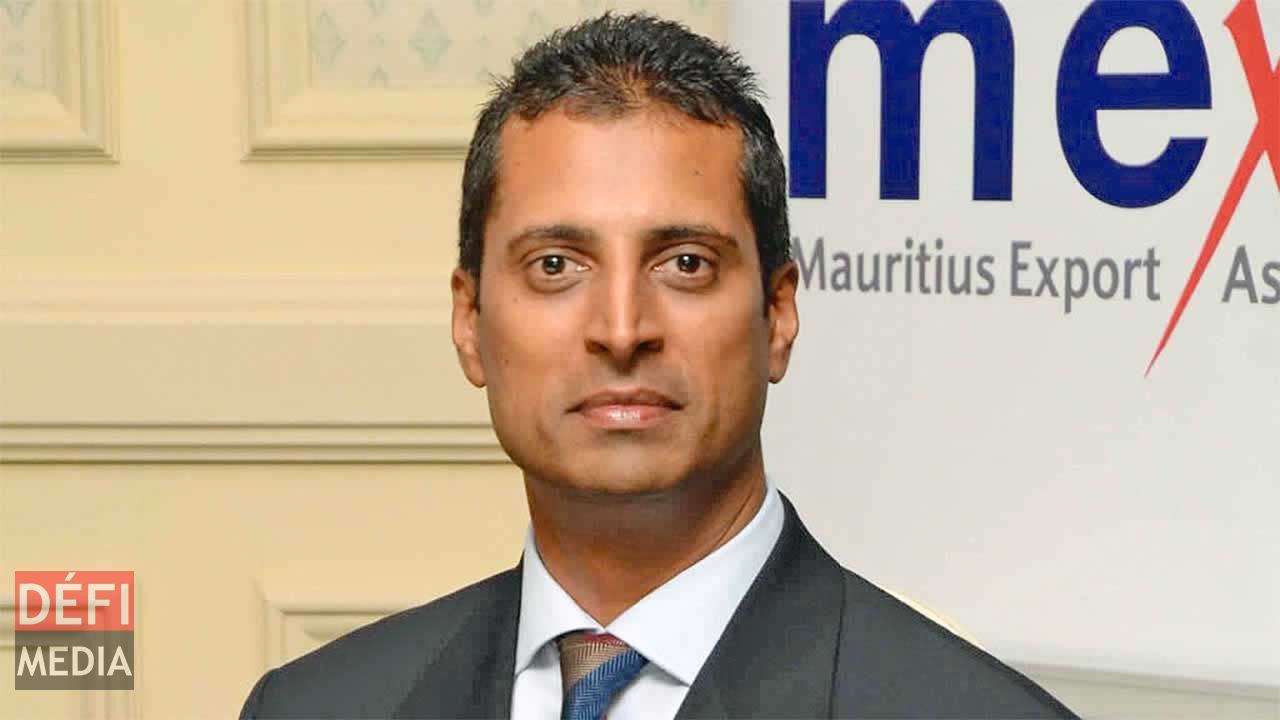
MEXA has released its budget memo in line with consultations.
Growth potential for the Export Sector, Development of a 2-Pronged Export Strategy (among unlocking emerging export sectors and attracting new investment in industrial sector, game changing measures for an innovative and modern export sector including an innovative Air Cargo Policy) and Improvement in Existing Measures – these are the major points highlighted in the Budget Memo. Yogesh Singh, Chairman of MEXA and Managing Director of Explast shares his views with News on Sunday regarding their expectations from the Budget 2016.
In the Budget Memo, the MEXA has underlined that if the situation regarding export sector persists it will die a certain death. Why?
It is a strong statement indeed but it is to highlight the seriousness of the situation that if nothing is done, it is going to get weaker and weaker. When we look at the contribution to the GDP of the manufacturing sector in 2010, it was 20% whereas in the 1990’s, it was 24%. Today, the contribution is around 16%. So we can see how it is going lower and lower and that is where the statement is coming from. We really want to bring focus and attention on the sector which was lacking over the last ten to twelve years.
How do you hope that the trend will be reversed through this Budget? What are your main expectations from the Budget?
We expect that there is attention given to the manufacturing sector and measures and incentives put into place to revive and stimulate the sector. When measures are put into the Budget for a sector, focus moves towards that sector and interest starts again. It is not just the value of the incentive, but it is the psychological impact as well. When people look at manufacturing sector and see that the government believes in it, they will trust that they should also think in that way. Thus, by having items in the budget targeting the manufacturing sector, it will create an impetus that has been lacking. This is more what we want to see from the Budget.
One of the most critical elements of the industrial manufacturing framework – what are the strengths and weaknesses of our export sector?
In our manufacturing sector, we have quick response time that is we are able to quickly respond to clients’ requirements. We are also able to produce in small quantities, our quality standards are very high, Mauritian manufacturing is EU allied. We are also more competitive in terms of pricing in terms of value products.
One of our major weaknesses is that we are far away from our main markets and the time frames are long. In addition, the cost of production in Mauritius has gone up over the past 15 years – labour costs, transport, land and building are higher than other lower cost producing countries around the work. Another weakness is that the sector is suffering from low investment and this has serious medium to long term impacts.
If we are not investing, our products become less competitive because of lack of technology and quality of the products will start to slide as well because we are not investing in the latest equipment and technology as per the market requirements and demands. We have been suffering from low investments now for about seven to eight years. In addition, our cost of finance is high as all our costs have to be internationally aligned in order for our product to be competitive. We cannot control the pricing which depends on the global market.
What strategy should the government adopt to reverse the trend?
The main strategy of the government should be to stimulate investment into high value manufacturing from both local producers as well as to attract industrial Foreign Direct Investment (FDI). The government also has to refocus on the industrial manufacturing sector as we now have a skilled and educated labour.
In addition, if we compare countries which also compete on the European market, such as Turkey, the Romania and Hungry, they are closer to our export market in terms of logistics and they have cost of finance at European rates. This is why in our budget memo, we have asked for an incentive on air freight so as to get our goods quickly on the market so as to compete with Turkey. It is high time! We might be able to produce at more competitive rates among others, but if we are going to take one month for our goods to get there, this is a big disadvantage for us. Only 20% of our goods are air freighted today. We also need to sell high value goods in Mauritius now. Low value goods simply don’t work.
What will FDI bring to the sector and how to attract it?
If there are special incentives to attract more of the high value manufacturing companies which are capital intensive, employ only 15 people, we will grow our high value manufacturing base. These companies pay better wages, they can afford to send their goods by air freight, they will improve our per capita income, they will employ less expatriate labour force and employ more skilled labour and take more young graduates. We want to reduce our expatriate labour force and employ local graduates. The business and manufacturing sector thus needs to change to absorb Mauritian workers.
The budget memo also emphasizes on an innovative and modern export sector. How far behind are we from other countries and how to achieve this goal?
We should be competing against countries like Germany and Singapore where the per capita incomes are high, populations (like in Singapore) are low in relation to the GDP output, education levels are high (like in Mauritius), we thus have to invest in high value and high-tech automated industries. There should have incentives for local industries to invest and incentives to attract investors with their high-tech industries. The Prime Minister’s Vision 2030 aims to bring manufacturing to contribution to GDP at 25% – we are currently at 16%. It is definitely a big jump but is only with high value that we will get there. At MEXA, we firmly believe that the government’s Vision 2030 is achievable. However, there has to be commitment from both the public and private sector. It has to be a joint effort. What we are lobbying for is a change of mindset and to look at manufacturing from a different angle.

Notre service WhatsApp. Vous êtes témoins d`un événement d`actualité ou d`une scène insolite? Envoyez-nous vos photos ou vidéos sur le 5 259 82 00 !






























![[Info Soirée] : «Zot pe kokin par Rs 40 000- Rs 50 000 a ban comersan lor TikTok»](https://defimedia.info/sites/default/files/styles/square_thumbnail/public/thumbnail_16_0.jpg?itok=OPOBH_N6)
